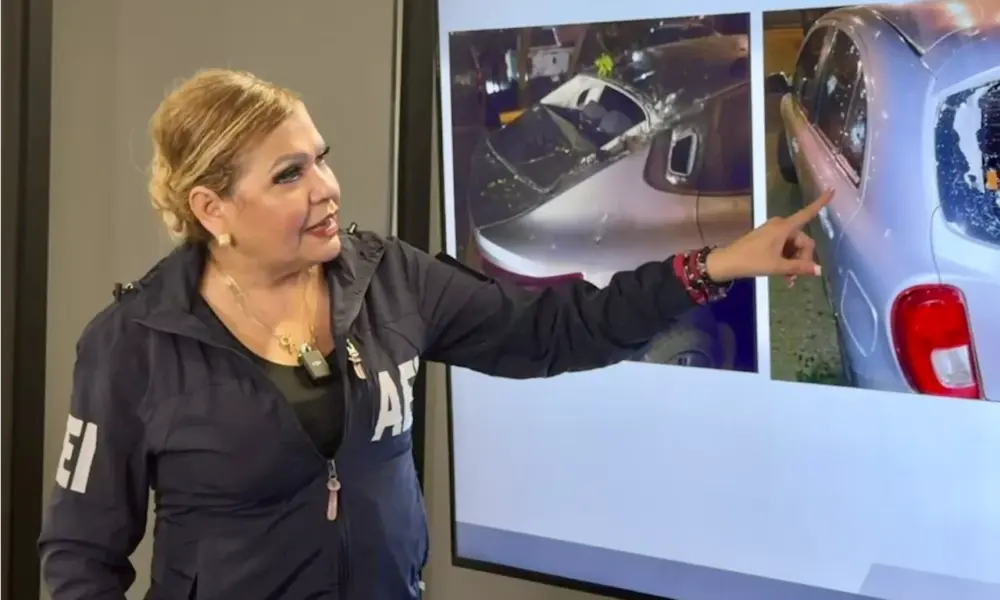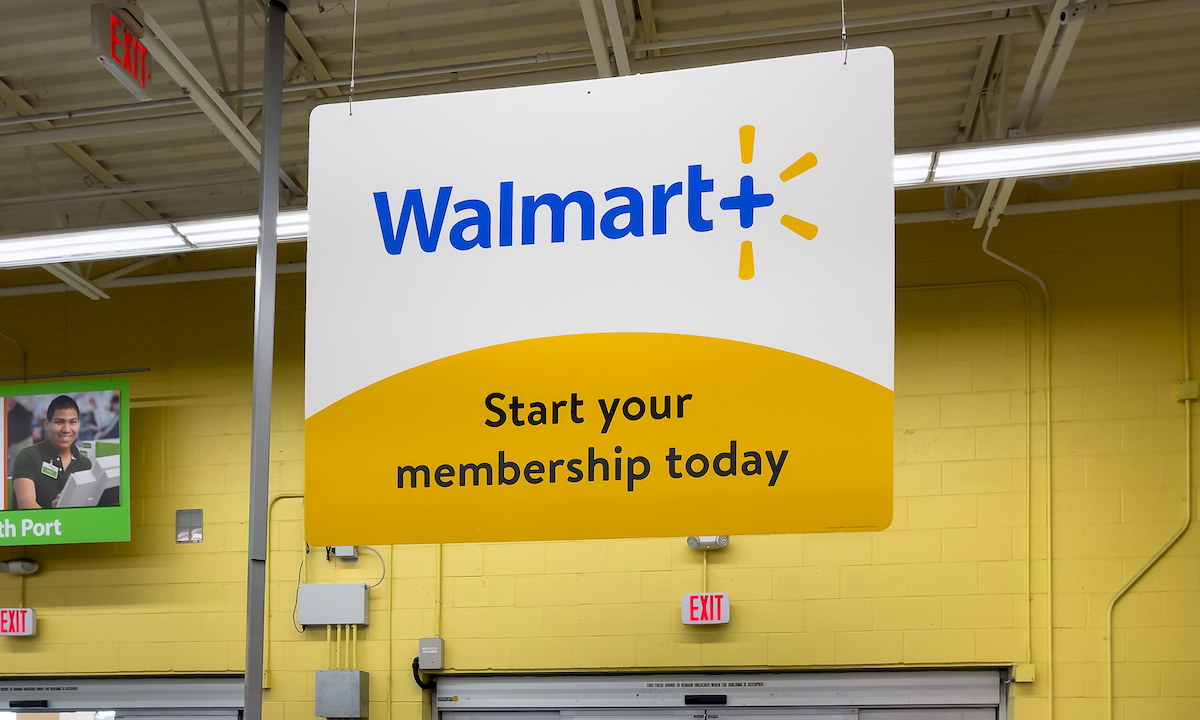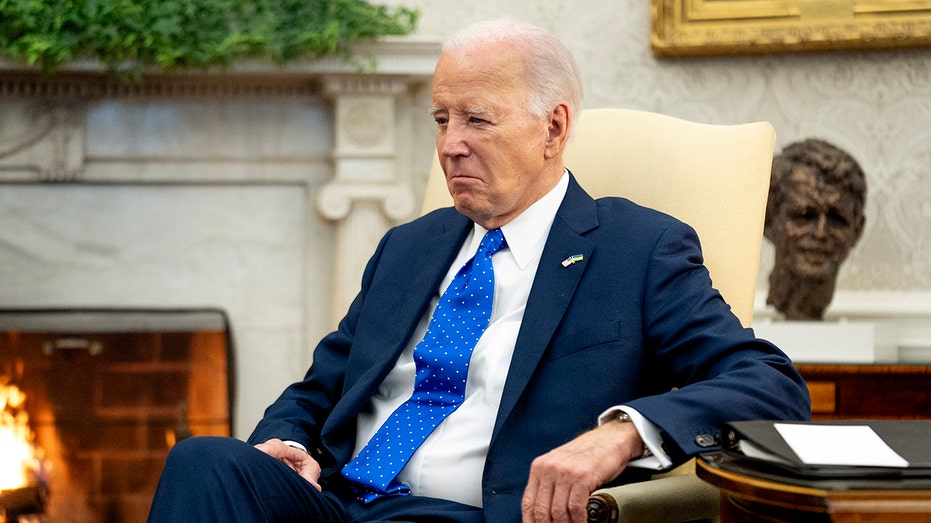California will see a significant reduction in plastic waste as the state moves to eliminate the use of plastic bags in grocery stores and retail locations by the end of this year. This shift follows a settlement announced on October 17, 2025, by Attorney General Rob Bonta, which mandates that four major plastic bag manufacturers cease selling thicker reusable plastic bags that have been criticized for their environmental impact.
The legal settlement comes after years of efforts to reduce litter and ocean pollution caused by plastic waste. A law passed in 2016, known as Proposition 67, initially banned flimsy single-use plastic bags at supermarkets and retail stores. Though it allowed for thicker plastic bags to remain in circulation, investigations revealed that these bags were not recyclable as manufacturers claimed. Under the new agreement, the companies involved will pay $1.7 million in penalties for violating state law.
Bonta emphasized the urgency of the situation, stating, “Billions of plastic carryout bags end up in landfills, incinerators, and the environment instead of being recycled as the bags proclaim. Our legal actions today make it clear: No corporation is above the law.”
Settlement Agreement and Future Regulations
The settlement compels manufacturers, including Revolution Sustainable Solutions, Metro Poly, PreZero US Packaging, and Advance Polybag, to stop selling these thicker plastic bags in California. This decision aligns with a new state law that will take effect on January 1, 2026, which mandates that all grocery stores and retail establishments phase out these bags.
Bonta’s office conducted a comprehensive investigation, which found that the companies could not substantiate claims regarding the recyclability of their products. Among the 69 waste processing and recycling facilities surveyed, only two accepted plastic bags, and even they were unable to confirm that any bags were actually being recycled. “These bags are not recyclable at any meaningful scale anywhere in California,” Bonta stated. “The only thing being recycled are the false claims of the manufacturers.”
Environmental Impact and Public Reaction
Environmental organizations have welcomed the announcement. The director of advocacy for Californians Against Waste, Nick Lapis, remarked, “It doesn’t make sense for something you use for minutes to last for centuries.” He highlighted the detrimental effects that plastic bags have on wildlife, with marine mammals often ingesting or becoming entangled in them.
Data from California’s annual Coastal Cleanup Day supports these concerns. In 2009, plastic grocery bags constituted 8.7% of litter collected during the event. By 2022, that figure had dropped to just 1.6%, demonstrating the effectiveness of state regulations in reducing plastic waste.
Despite the environmental gains, opposition remains among some political and industry groups. Critics argue that these regulations are excessive and intrude on consumer choice. Assembly Republican Leader James Gallagher remarked that he does not see a significant need for such mandates, suggesting that individuals should have the freedom to make their own decisions regarding plastic bag usage.
As California moves forward with this new legislation, the focus remains on balancing environmental responsibility with consumer rights while ensuring that the state leads the way in combating plastic pollution. The elimination of thicker plastic bags represents a crucial step in addressing the broader issue of plastic waste and its impact on the environment.







